The Importance of Black-Owned Banks: Beyond Buying Black
In an era where visibility for Black-owned businesses is on the rise, the movement to “Buy Black” is gaining traction across various communities. But as we celebrate diverse Black entrepreneurship, it is crucial to recognize that supporting these businesses alone is not sufficient. A fundamental piece of the puzzle is affording these entrepreneurs access to the financial resources necessary for growth and sustainability, which leads us to the vital role of Black-owned banks.
I recently visited Dubbs Organic Coffee, a community-centric coffee shop owned by Wali Muhammad in West Hollywood. As I sipped my cup of coffee and enjoyed the warmth of the environment, I was reminded of the challenges Black entrepreneurs face. Muhammad, an experienced business owner, expressed his frustrations about securing funding: “I had a 780 credit score and they wouldn’t give me anything” (Glinton, 2025). His experience is not an isolated incident; it reflects a systemic issue where Black entrepreneurs face disproportionately high barriers to access capital compared to their white counterparts.
According to a study of small business credit by the regional Feds, white businesses are twice as likely to be approved for bank funding. The Small Business Administration reports that only 23 percent of Black-owned businesses received the full amount they sought. This disparity creates a cascade effect where Black entrepreneurs often rely on self-funding, as Muhammad explains: “I believe in betting on me.” However, self-funding limits growth potential and reinforces systemic economic disparities.
The historical context cannot be overlooked. The first bank aimed at helping formerly enslaved individuals, the Freedman’s Savings and Trust Company, was established in 1865 but fell victim to mismanagement and corruption, leading to a lasting mistrust of banking institutions in Black communities (Glinton, 2025). The subsequent rise of Black-owned banks was an essential response to the economic needs of the community, aimed at protecting Black businesses and offering fair access to credit. However, over the years, the number of these institutions has fallen from over 100 to just 18, exacerbating the challenges Black entrepreneurs like Muhammad now face.
In light of these historical realities, it is imperative to advocate for Black-owned banks. Muhammad poignantly stated, “I’d trade a thousand customers for three Black banks,” underscoring a critical truth: without the support of our own financial institutions, building Black wealth remains an uphill battle. The statistics are alarming—Black applicants faced an 84% higher rate of mortgage denial compared to white counterparts in 2020, a trend that continues to worsen.
Buying Black could certainly foster community and economic empowerment, yet it is not a silver bullet. To genuinely uplift Black entrepreneurship and contribute meaningfully to the long-term wealth of Black families, we must collectively support and invest in Black banks. “If we truly care about building Black wealth, it’s not enough to just spend at Black businesses. Black people must invest in Black financial institutions” (Glinton, 2025).
As we move forward, the commitment to build a robust Black economic future necessitates a multi-faceted approach that includes not only consumer support for Black businesses but a dedicated effort to strengthen Black banks as gateways to opportunity. Let us all take part in this movement—not just with our dollars, but with our advocacy and our investment in a brighter financial future for the entire Black community.
References:
Glinton, S. (2025). Why buying black is not enough, the importance of black-owned banks. *Forbes*. Retrieved from [Forbes](https://www.forbes.com/sites/sonariglinton/)
